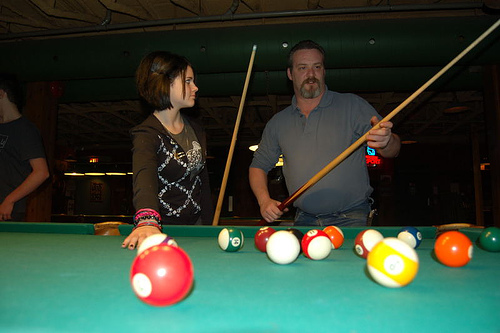Academic advising may not be a popular career track for some, but Sarah Craddock proves it is worth taking. Craddock is an academic advisor at Colorado State University for the Mechanical Engineering department. She earned a degree in BA Sociology from the Minnesota State University Mankato. She earned her MS degree in College Student Personnel from the Western Illinois University. Currently, she is working on earning her doctoral degree in Higher Education and Student Affairs Leadership at the University of Northern Colorado. Craddock has more than four years experience as an academic advisor at the university. A bachelor’s degree is required for this kind of job post, according to her.
Prime responsibilities
Some of the major responsibilities include advising some undergraduate students enrolled in Mechanical Engineering including some students under the dual degrees in Mechanical Engineering and Biomedical Engineering. Responsibilities also include giving direct service to students as well as meeting some potential students in the degree program. Meeting the students each semester is also necessary as well those who meet the entrance requirements. The job post also includes working on graduation contracts to ensure that all of the enrolled students meet the criteria for graduation.
The department
The Mechanical Engineering department is the fifth biggest in the campus. It has about 750 students for the academic year 2011-2012. Two fulltime academic professional academic advisors are working for the department with different designated tasks. Craddock’s colleague is in charge of the mentoring program of the department. Craddock’s boss is the Associate Department Head for Mechanical Engineering, who is a fulltime faculty member under the department.
The usual day for an academic advisor
There is no such thing as a typical day with an academic advising career. There are lots of ebb and flow in this career. For instance, academic advisors can normally have a less demanding workload during summer. However, sometimes it may toxic since there is a period where prospective students come to the university. Academic advisors like Craddock also work with students as they manage their respective schedules for fall. Those students who did not pass a pre-requisite course also seek guidance during summer. On months like October to April, academic advisors are often required to have meetings in between with current students so they can be guided on the courses to take before the registration formally opens. The start of the semester is often greeted with students who are in panic as they work on their respective course load. Some do not have enough, while some have too much. Academic advisors should be there to guide these students.
Surviving the challenging career
For one to survive the academic advising career, one has to understand the importance of prioritization and flexibility. You need to judge quickly, especially when one needs your help in a real emergency. Most students depend on you, so you have to be always aware on their needs. You also need to requirements that these students need. You are after all the person to be an expert on this matter. Without having enough knowledge and orientation on this career, a person cannot survive its everyday demands. Aside from putting yourself into trouble, you are also putting the students at risk if you do not know the basic and complicated matters you need to handle as an academic advisor. This is definitely not the best career for newbie’s out there.
The tasks and committees
When Craddock started working at the university, they started to conduct a monthly meeting with other academic advisors. This is essential in tackling the important issues that affect the students. Craddock participated as part of the Professional Advisors Network and Key Advisors network. These meetings are also important to learn from each other’s experience, even if they handle various fields of academic studies.
The most important advice in taking this career path
Academic advising certainly needs detail orientation. Otherwise, the students and the advisors will be at a total loss and mess. Having an orientation about anything can help you map out the right plans for students. Second, academic advisors need to have genuine care for students. Otherwise, one cannot be an effective advisor. Your post-graduate degrees will be useless if you are not really into guiding students. After all, learning should always be two way. You will certainly learn from the students you handle as well during each academic term.
These are just some of the things necessary to understand the academic advising career. If you are interested to take this path, better be oriented on the basic details.
Author Bio: Lena Paul is a medical school graduate who is an enthusiastic blogger and holds an editorial position in Prepgenie , a test prep provider that offers exam preparation courses for PCAT, UKCAT, GAMSAT, and UMAT.



